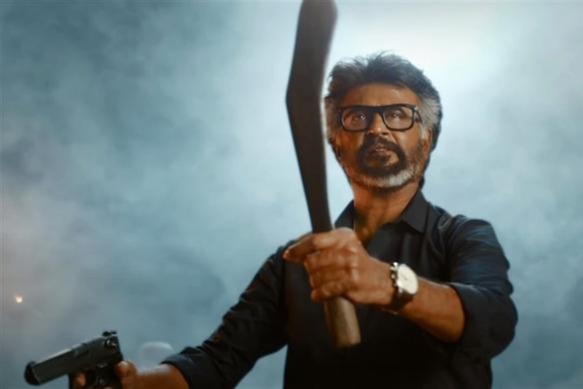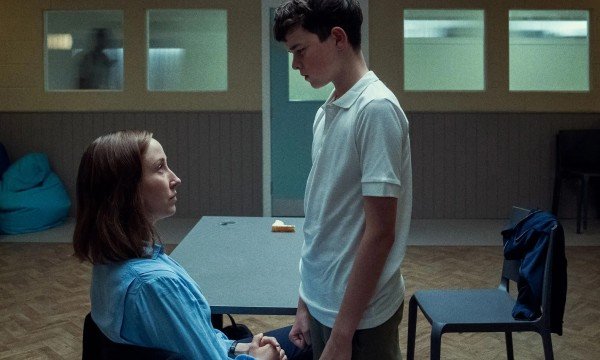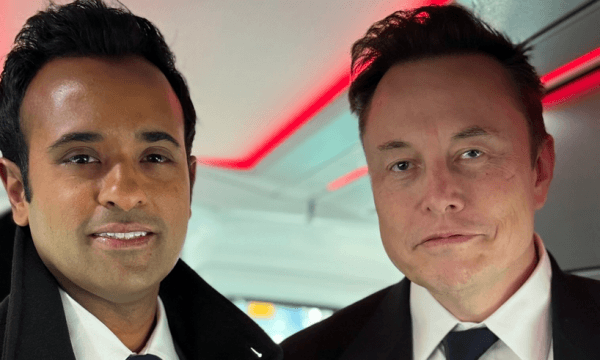
Entertainment is a multifaceted entity. It possesses the power to uplift spirits, instigate transformation, challenge entrenched societal norms, enlighten minds, and catalyse personal and societal growth. This potency is evident in various forms of entertainment; however, for Tamils worldwide, cinema, especially Tamil films, occupy a unique pedestal. These movies are more than mere entertainment vehicles; they are platforms that disseminate social messages, challenge societal injustices, and even function as edifying tools, building knowledge and awareness.
Given such an influential role, the pressing inquiry arises: is the Tamil film industry and its constellation of actors meeting the aspirations and hopes of their extensive fan-base and the larger Tamil society?
A closer examination of the content trajectory in Tamil films reveals a palpable shift in narrative themes. While this observation might initially seem subjective, a broader lens indicates a pervasive trend. Tamil films, once known for their evocative storytelling and nuanced societal messages, now appear inundated with explicit scenes of violence. The gamut runs from knife-wielding attacks, intense gunfights, to harrowing portrayals of gang culture. This is in sharp contrast to the past when antagonists were typically the propagators of violence, while protagonists maintained a moral high ground, often abstaining from such violent tactics.
Disturbingly, contemporary cinema sees revered heroes not only engaging in but also glorifying visceral violence.
Such a narrative shift begs the question: Is this transformation reflective of society's evolving tastes, where an appetite for intense violence has burgeoned? Or is the industry, in its quest for sensationalism, shaping and redirecting societal preferences towards these brutal themes?
What is my Identity? It's a question that we all seek to answer in our own ways throughout our lives. Each episode of Identity spotlights a different creative, some from the Tamil community and some from outside it, who will be chatting about how we take ownership of our narratives, art, politics and of course who we are. We hope to inspire you through their unique stories of seeking and finding Identity. Catch Season 1 below!
- Shakthi / Theatre, Intergenerational Trauma and Australian Tamil Identity
- Identity Podcast: Anuk/ Language, Grief and Tamil Community
- Maral/ Art, Belonging & Armenian-Iraqi-Canadian Identity
- Shuba/ Music, Feminism and Dual Identities
The nexus between entertainment and emotion is deeply interwoven. Entertainment doesn't merely pass the time; it actively interacts with our neuro-chemistry. Hormones like melatonin, serotonin, and dopamine are crucial arbiters of our emotional responses. When a film overwhelms viewers with violent content, it's not just a visual experience; it potentially alters hormonal balances, which can leave lasting impressions on individual and collective mental health. Multiply this effect by the millions who watch these films, and one can visualise a shift in the emotional compass of an entire Society.
This discussion isn't a mere academic exercise. The implications are profound. For intellectuals, social commentators, and thinkers within the Tamil diaspora, this article aims to serve as a springboard for deeper introspection. The community must grapple with the repercussions that this cinematic evolution might usher. Beyond the immediate impact on mental health, there's a broader narrative to consider. How do these films, which reach a global audience, shape perceptions of Tamil society? Are they casting shadows, painting the community in hues of violence and aggression?
Furthermore, as custodians of cultural legacies, there's an onus to consider the imprints being left for subsequent generations. If today's youth grow up on a cinematic diet rich in violence, what values and norms will they carry forward? What allure will violence hold for them, and how might it manifest in their actions and beliefs?
In conclusion, cinema, as a mirror to society, can both reflect and shape realities. The Tamil film industry, with its vast reach and influence, bears a significant responsibility. It must weigh its creative pursuits against the larger good, ensuring that the narratives it crafts today nurture a wholesome legacy for tomorrow.
Check out love & relationship content with a Tamil perspective from myTamilDate.com!


























